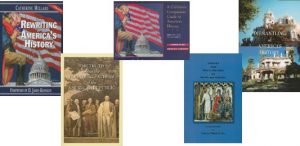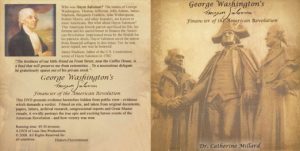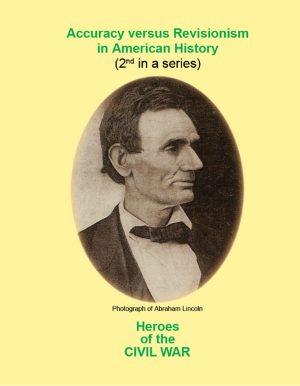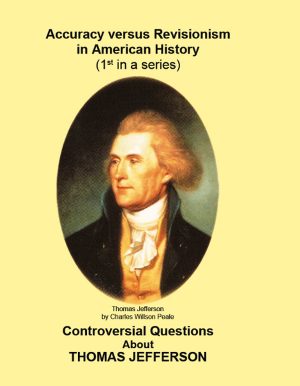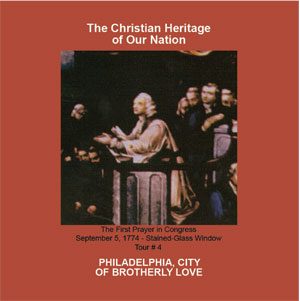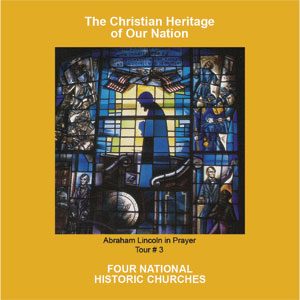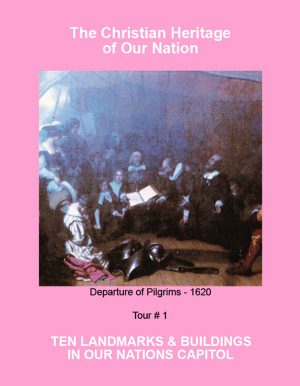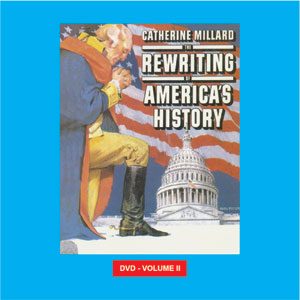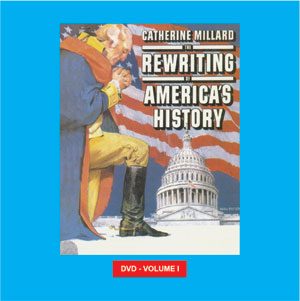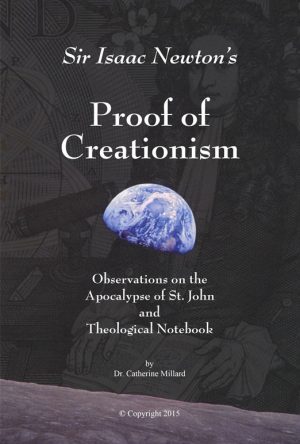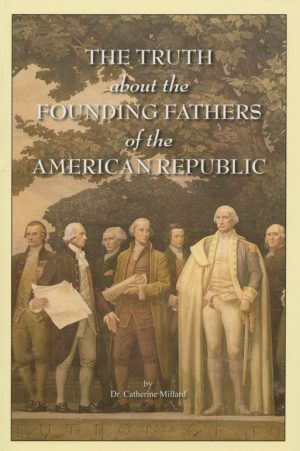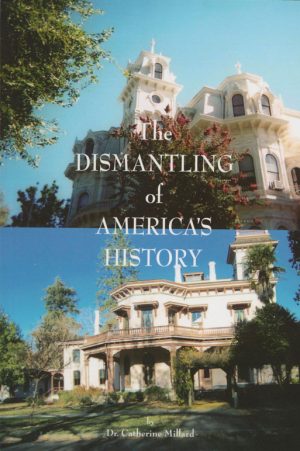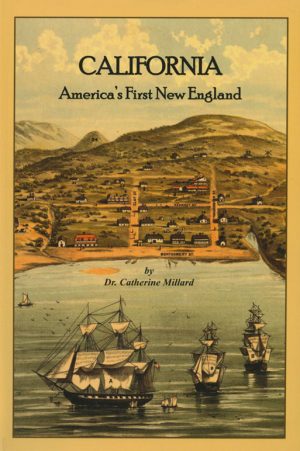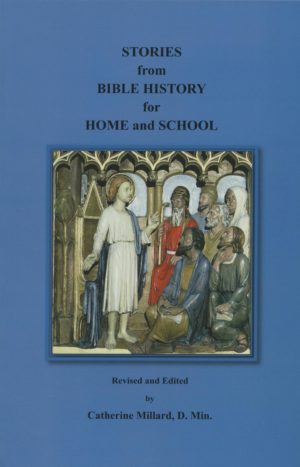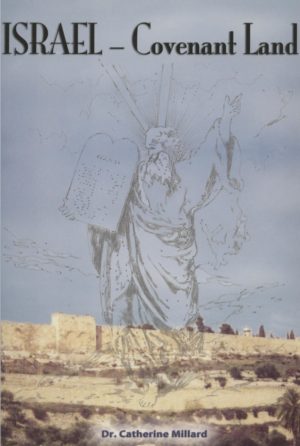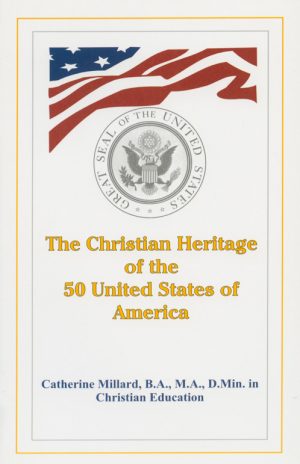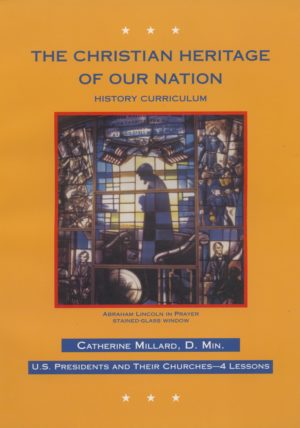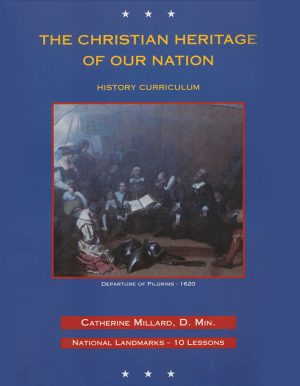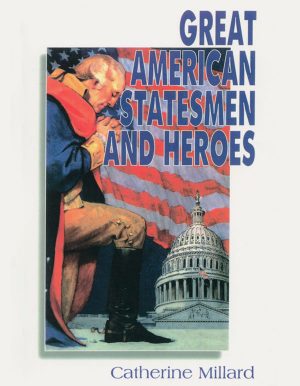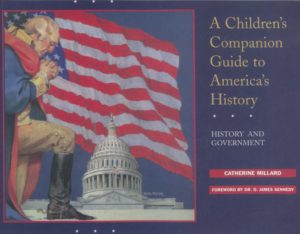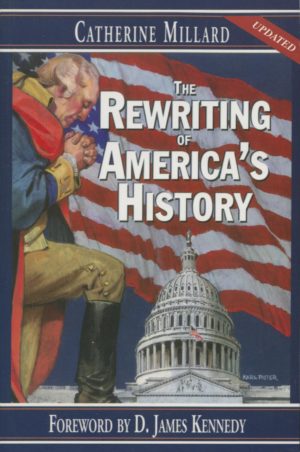A Sermon delivered July 9th, 1826, the Sunday following the death of the Hon. John Adams, a former President of the United States, by Rev. Aaron Bancroft, D.D., pastor of the Second Congregational Church in Worcester, Massachusetts, gives insight into Adams’ character, integrity and practice of the Christian religion, as follows:
SERMON
2 Samuel 23:3.
“The God of Israel said, the Rock of Israel spake to me,
he that Ruleth over men must be just, ruling in the fear of God.”
CIVIL Government is established by Divine sanction. The civil ruler is the minister of God, and is appointed to promote the order, peace and prosperity of society. He only is the legitimate ruler of Heaven, who habitually acts under impressions of his responsibility to His Maker, with a view to the welfare of those whose important interests are committed to his management, and from a regard to the final issue of the Divine administrations. My first position then, is this,
1. Moral qualifications are indispensable requisites in a civil ruler. The wisdom of all ages, and the experience of all time, unite to teach us, that the tranquility, strength, and happiness of society, depend on the virtue of its members. If moral virtue be the basis of public prosperity, then religion is essential to the security of this blessing, for a religious principle only has sufficient strength to support the conflicts of virtue. Vain is the expectation that political considerations will direct the actions of men without the aid of religion. The man, who looks no higher for the motives of his conduct, than to the rules of political morality, may in instances without number, be vile and despicable.
If moral qualifications be essential to the character of a good citizen, they must be indispensable to that of the ruler, who, by the power of office and the force of example, has controlling influence. The higher the office, the more it concerns public interest, that he, who fills it, should act under a sense of obligation to Him, who is higher than the highest. We can never rely on the fidelity of the ruler, who does not reverence the Governor of the Universe. Intellectual talents, and literary acquisitions, experience and courteous address are desirable attributes of public characters; these, rightly directed, are useful and ornamental on the seat of judgment and in the chair of the State; but without moral principle, these are only ability to do evil; and the greater are the accomplishments of that man, the more dangerous is the ruler. To the policy that deserves the name of prudence and wisdom religion gives its sanction; and the methods which religion prescribes for the management of public affairs, are usually more successful than is the cunning of the wily statesman. A righteous end is best promoted by righteous means. A just way is obvious and direct, and the righteous ruler erreth not in it; but the man of duplicity is often entangled in the intricacies of his own artifice. People can place confidence in the correct conduct of a wicked magistrate no farther, than they suppose his personal ambition or his worldly interest to be involved; but the religious man acts under the influence of a principle which gives the best security for right conduct in every situation. People are in no danger of suffering from the ambition or pride, from the avarice or sensuality of this ruler; his power is the power of God; it is a terror to evildoers, and a praise and encouragement to all who do well.
2. It becomes civil rulers to reflect on their personal weakness and mortality.
…The wise and revered statesman dies; but his death does not interrupt the prosecution of public measures; and his exit is scarce observed by the great body of the community…
3. A view to posthumous reputation may laudably actuate a ruler, but a regard to the retribution of Heaven will alone support him under the conflicts and sacrifices to which patriotism sometimes leads…
A thirst for popular fame may be ignoble. The man who adopts opinions because they are fashionable, and from selfish motives, yields himself to popular prejudices and passions, is every way contemptible, and usually his base motive is discovered, and he sinks into deserved disgrace; but the man, who holds fast his righteousness, who lets not his integrity go, who permits not his heart to reproach him so long as he lives, will generally secure public confidence, and when called from his agency, his memory will be honored among survivors. This honorable memory is in the Bible promised as part of the reward of goodness. The memory of the just shall be blessed; the righteous shall be had in everlasting remembrance…*
The national observances of the last week, and the recent death of a distinguished Revolutionary character, led me to the reflections of this morning…
John Adams was born in Braintree, now Quincy, on the 19th of October 1735. In July, 1755, he graduated at Harvard University. He, on leaving College, undertook the instruction of the Town School in Worcester. His father was a respectable, but not wealthy farmer, and having given his son a Collegiate education, left him subsequently to support himself. This, at that period, was a common practice in all inland country towns. The school furnished the means to meet the expense of his legal studies in the office of James Putnam, Esq. then an attorney of celebrity in this county. In 1758, he entered the office of Robert Auchmuty, Esq., resident in Roxbury, and in 1759, commenced his professional career in Boston.
Mr. Adams had but entered public life, when, on one side, the British Parliament issued a Declaration that they possessed power to bind the colonies in all cases whatsoever, and on the other, the Provincial Assembly denied that they owed subjection to Parliament, and protested against any tax laid on the colonies by this authority. Mr. Adams was admirably qualified to take a part in this political contention. He possessed strong powers of mind, his natural temperament was high, his passions were ardent, and his constitutional inflexibility, which in small concerns appeared like weakness and obstinacy, in important affairs rose to a resolution that surmounted all opposition. An undaunted spirit, and an invincible fortitude in the prosecution of a purpose, were as important to a Revolutionary Leader in the 18th century, as these attributes were essential to the character of the great Reformer in the 16th century. And between Luther and our countryman, there was a similarity, both in respect to the character of their minds, and to their constitutional defects.
During the few years devoted to professional duties, Mr. Adams rose to distinction; and he was numbered with the patriots, who openly asserted the freedom of their country, and boldly defended its rights. In March, 1770, an unhappy affray happened between a detachment of the British troops and a number of the inhabitants of Boston. Several persons being killed by the firing of the soldiery, popular resentment rose to a great height, and vengeance was loudly demanded against the assailants. Under this excitement, Mr. Adams opposed the prevalent frenzy, defended the officer and his men in a Court of Justice, and supported law against the outrage of a mob. The indictment on this trial was for murder, but the verdict of the jury acquitted the officer, and reduced the offence of the soldiers who fired, to manslaughter…
In 1774, Mr. Adams was elected a member of the Continental Congress appointed to meet at Philadelphia, and deliberate on the general interests of the American colonies. In this body, John Adams became a conspicuous and able member. When hostilities commenced, and no hopes remained of reconciliation on safe principles with the parent country, no member was more efficient than he in preparing Congress to take a permanent stand as an independent nation. At this crisis, from policy, a member from Virginia was solicited to move the resolution for Independence. Mr. Adams seconded the motion, and supported the measure by an eloquent and powerful argument.
Mr. Adams, in 1776, was appointed Chief Justice of Massachusetts, but his more extended engagements prevented his filling this honourable office. In September of this year, Congress commissioned Dr. Benjamin Franklin, John Adams and Edward Rutledge, Esqs. to open a conference with Lord Howe. They had an interview with him on Staten Island. His Lordship refused to treat with Congress as a legitimate body, and the committee refused to act in their individual capacity. The meeting therefore, had no practical result.
In 1778, he was sent to France in a public character, in the hope of conciliating that government to the new order of things on the American Continent.
He returned to the place of his birth in 1779, drafting the Constitution of our Commonwealth, which has been the model of most constitutions since formed.
In November, 1779, Mr. Adams was invested with two commissions by Congress, one constituting him minister plenipotentiary to negotiate a peace with Great Britain, the second to negotiate a treaty of commerce with that power. On the 17th day of this month, he embarked for Europe. In 1780, Congress invested him with a power to negotiate loans with any person or persons, pledging the faith of the United States to ratify his contracts; and in 1781, he was constituted, in due form, Minister to Holland. In the execution of these important trusts, he greatly aided the cause of his country. By his writings in the public Journals of Holland, and by his communications with distinguished individuals, he obtained loans, and was thereby enabled to forward to America the materials of successful warfare. In the definitive Treaty of Peace, he had a primary agency, and with unyielding inflexibility, maintained the rights of a Sovereign Nation.
While abroad, Mr. Adams, in a series of publications abounding with deep research, and manifesting great political knowledge, explained and defended our civil constitutions, and illustrated the necessity of checks and balances in the several departments of government.
Great Britain having acknowledged our independence, and peace being established, Mr. Adams was the first minister of the United States to the Court of London. Here a novel circumstance was presented. The King, who had declared that he would never consent to the dismemberment of his Empire, received a minister from a Republic, composed of his revolted provinces; the minister was a citizen, who had been marked as an arch rebel, and had the Crown prevailed, he would have been destined to a halter.
When the present Constitution of the United States went into operation, our citizen was placed in the important station of Vice President, and was efficient in carrying the principles of the government into beneficial effect. At a very important crisis, he succeeded General Washington as President of the United States. The personal character of President Washington had saved, and perhaps his influence alone could have saved, the country from being involved in the destiny of infatuated France and the French Revolution, the government deeming it necessary to repel encroachments directed against the vital principles of a Sovereign Nation.
…But the brightest feature in the character of President Adams has not yet been presented to your view. He was a religious man. He lived under deep impressions of Divine superintendence, he reverenced the authority of God, and made religion the rule of his conduct. Firmly established, on the result of examination, in the belief of the truth of Christianity, he cordially embraced it, and lived in the habitual observance of its public institutions. No company was permitted to draw him away from his constant attendance on public worship: but he ever left those gentlemen around his table, who were not inclined to accompany him to the House of Prayer. He honored the Saviour by commemorating his death in the rite of the Last Supper, and his general conversation was such as becometh the Gospel. Under the infirmities of age, religion supported him, and he died in the expectation of being admitted into the society of just men made perfect, of becoming personally acquainted with JESUS, the author and finisher of our faith, and of dwelling forever in the fullness of the presence of God…
This religious example of President Adams I present to all classes in society for their imitation. Comparatively few can make themselves conspicuous by the acquisition of abundant wealth, fewer can rise to preeminent distinction as legislators and statesmen; but all may become pious and good Christians. The qualifications of the Christian disciple cannot be purchased with gold, nor shall silver be weighed as the value of it: the price of wisdom is above rubies…** 1
To learn more, click here. (Founders Book)
___________________________
Bibliography:
1
Bancroft, Aaron, D.D. Pastor of the Second Congregational Church in Worcester. A Sermon delivered July 9th, 1826, the Sunday following the death of the Honorable John Adams, a former President of the United States. Worcester: Charles Griffin, Printer, 1826. Rare Book Collection, Library of Congress.
* Proverbs 10:7
** Job 28:18
